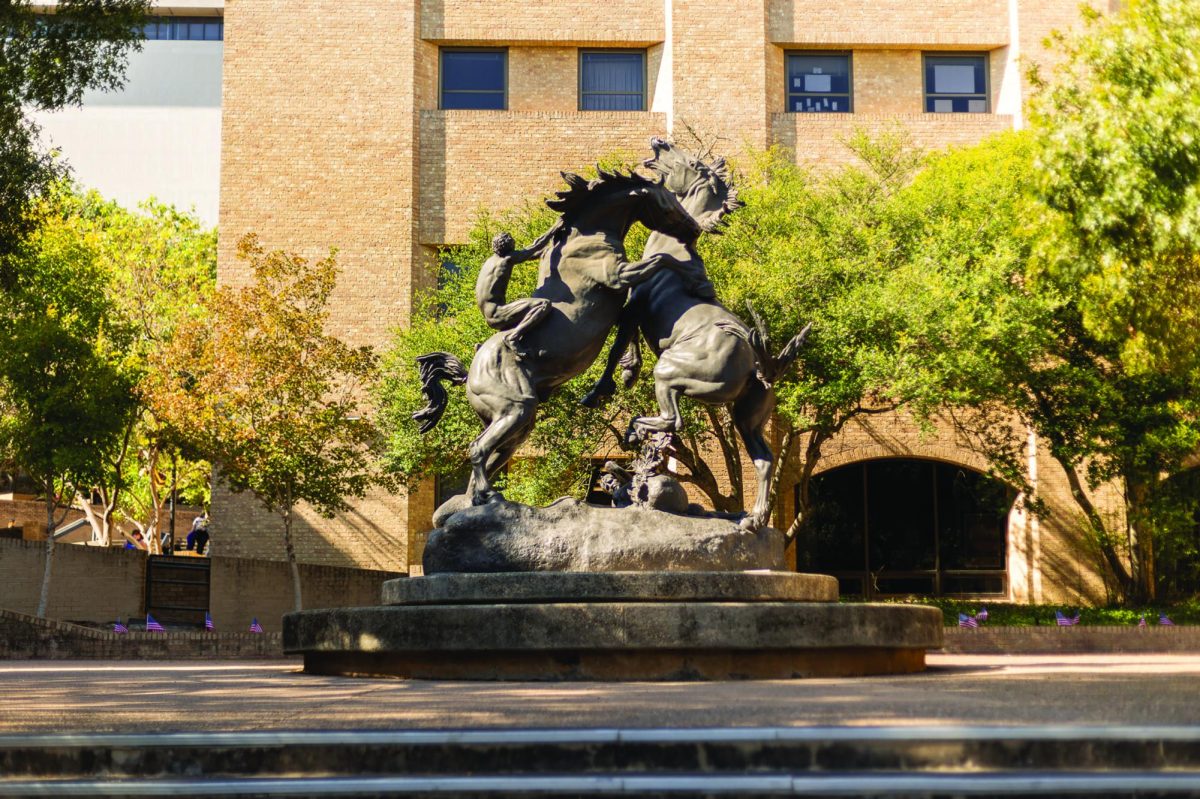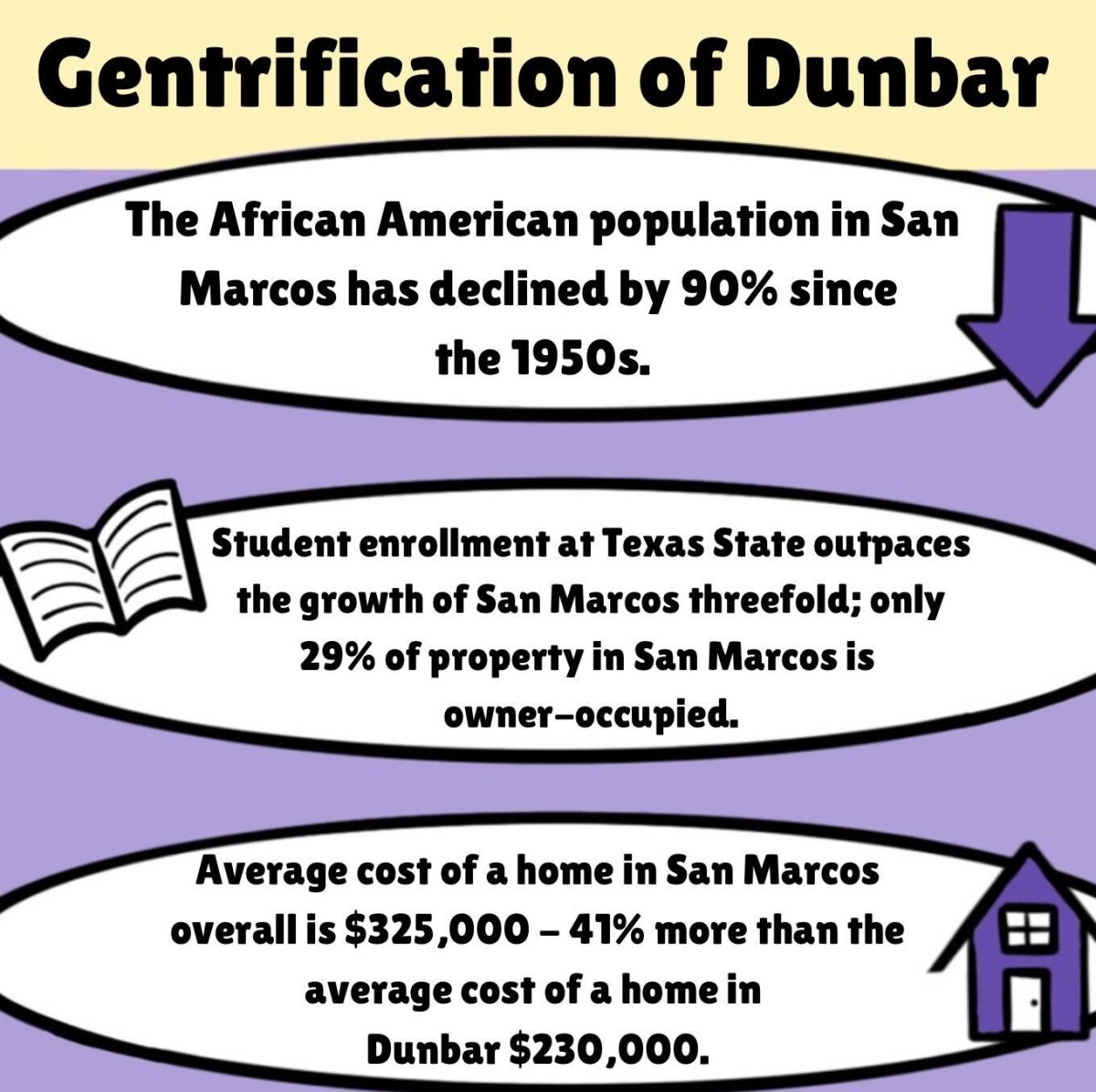Hi Toni,
We read your opinion article regarding Spin’s recent partnership with the City of San Marcos and The University of Texas and wanted to take the time to address the concerns you mentioned.
Spin prides itself on offering a sustainable way for residents and visitors to get around San Marcos. Earlier this year, we announced an industry-leading goal to become carbon negative by 2025, removing more emissions from existing transportation ecosystems than we produce in providing our service.
While you are correct, the average lifespan of a vehicle is currently under one year, our goal is to extend this lifetime to at least two years. We have already started work to do so, by introducing our third edition electric scooter, which is our most advanced and robust model. It is important to note that while a complete vehicle may have a shorter lifespan, our reuse of individual components means their individual lifespans are often much longer.
Much like cycling, e-scooters can be dangerous if the rider doesn’t follow proper safety measures. We have hosted hundreds of in-person safety demonstrations and have given away thousands of helmets. Due to the pandemic, we have adapted our safety education resources to include Spin Safe Digital, a new online learning resource that teaches riders best practices. Spin works to ensure all riders know that sidewalk riding is prohibited through the use of in-app notifications and pre-ride education training. We also have a navigation feature that helps discourage sidewalk riding by guiding riders toward bike lanes.
Spin has worked to ensure that our scooters are complementary to existing transit options in San Marcos, and we’ll continue to adapt to changes in the transit landscape. Our staff includes many former transportation planners and policymakers who have spent their entire careers championing transit, walking, biking, and now scooters, as critical to addressing the most pressing problems in urban transportation.
We read your opinion article regarding Spin’s recent partnership with the City of San Marcos and The University of Texas and wanted to take the time to address the concerns you mentioned.
Spin prides itself on offering a sustainable way for residents and visitors to get around San Marcos. Earlier this year, we announced an industry-leading goal to become carbon negative by 2025, removing more emissions from existing transportation ecosystems than we produce in providing our service.
While you are correct, the average lifespan of a vehicle is currently under one year, our goal is to extend this lifetime to at least two years. We have already started work to do so, by introducing our third edition electric scooter, which is our most advanced and robust model. It is important to note that while a complete vehicle may have a shorter lifespan, our reuse of individual components means their individual lifespans are often much longer.
Much like cycling, e-scooters can be dangerous if the rider doesn’t follow proper safety measures. We have hosted hundreds of in-person safety demonstrations and have given away thousands of helmets. Due to the pandemic, we have adapted our safety education resources to include Spin Safe Digital, a new online learning resource that teaches riders best practices. Spin works to ensure all riders know that sidewalk riding is prohibited through the use of in-app notifications and pre-ride education training. We also have a navigation feature that helps discourage sidewalk riding by guiding riders toward bike lanes.
Spin has worked to ensure that our scooters are complementary to existing transit options in San Marcos, and we’ll continue to adapt to changes in the transit landscape. Our staff includes many former transportation planners and policymakers who have spent their entire careers championing transit, walking, biking, and now scooters, as critical to addressing the most pressing problems in urban transportation.
Tucker Stevens,
Spin Senior Operations Manager











